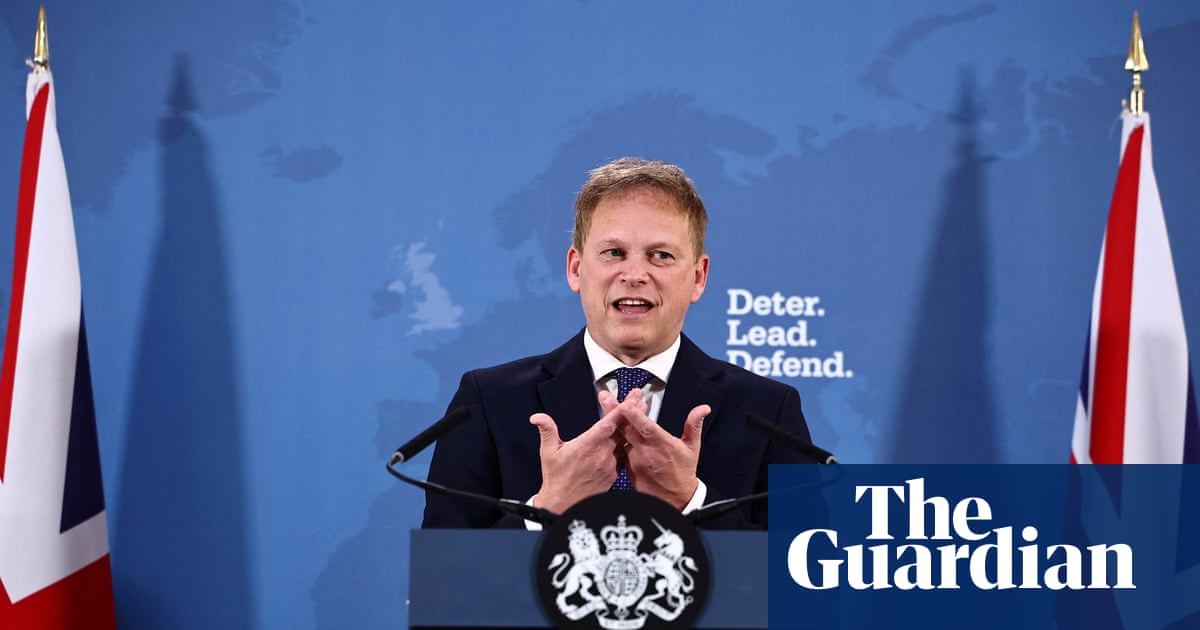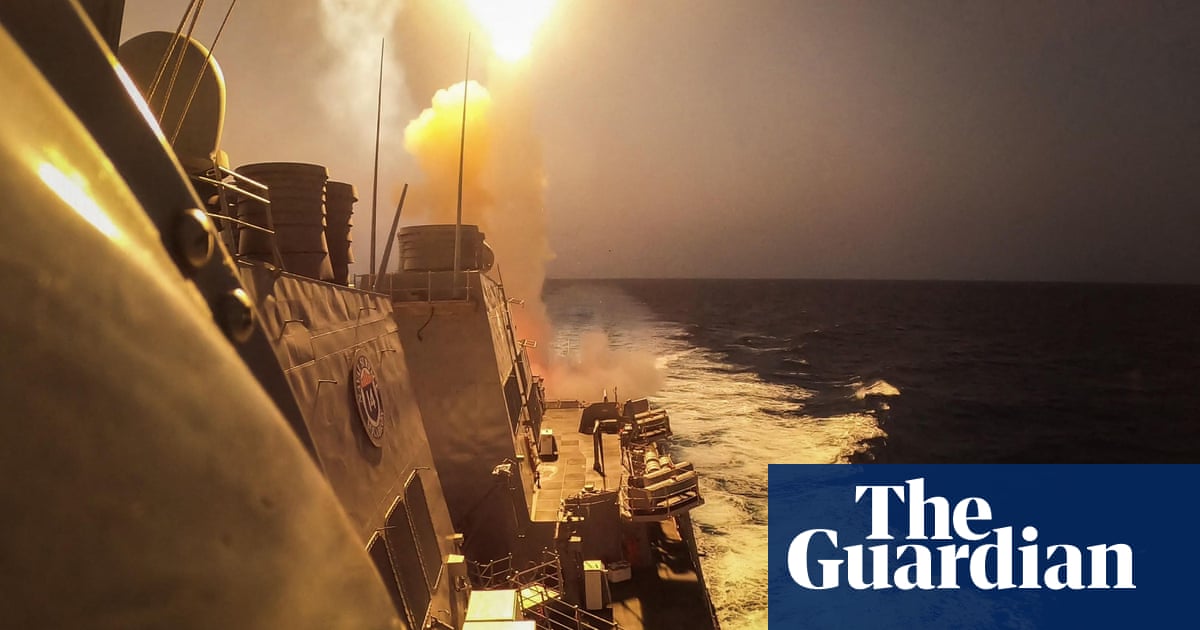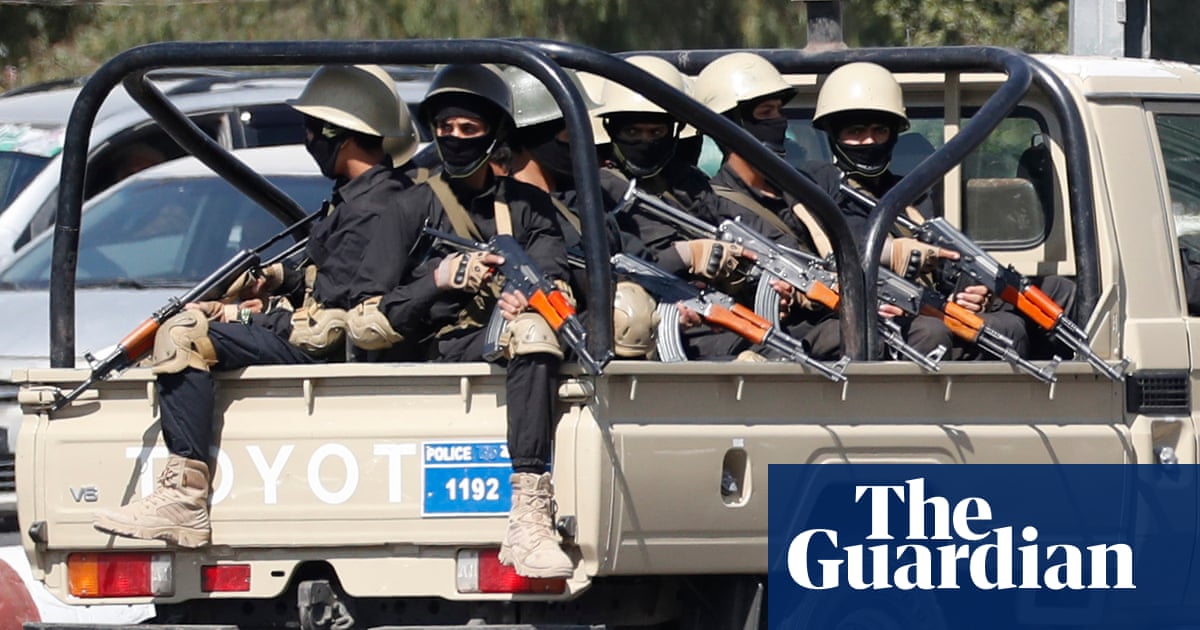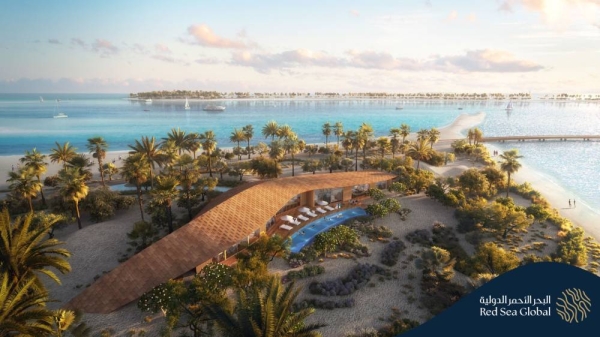
The peace deal agreed between Ethiopia and Eritrea this week is about more than ending a 20-year war. The initial conflict between the two sides, which took place between 1998 and 2000, killed tens of thousands of people and created a major refugee problem. In 2012, Ethiopia bombed three military camps in Eritrea used by the Ethiopian opposition. In 2015, Addis Ababa bombed an Eritrean mine and weapons depot. In June 2016, Ethiopian and Eritrean troops exchanged fire, causing many casualties. A simmering conflict had been brewing until a few weeks ago. Now, Ethiopian Prime Minister Abiy Ahmed and Eritrean President Isaias Afwerki are seeking partnerships on economics, trade and, most importantly, access to sea lanes.
The “Joint Declaration of Peace and Friendship” ending the state of war called on both countries to enter a new era of peace and close cooperation in the political, economic, social, cultural and security spheres. Most importantly, from an economic standpoint, is that trade, transport and communication ties would be re-established and borders are to be reopened, giving landlocked Ethiopia an outlet to the sea through Eritrea. Both countries are slated to jointly develop Eritrea’s Red Sea ports.
The rapid rapprochement between the two countries is the result of several factors. The first involves the ongoing war in Yemen and the use of Eritrea as part of the Saudi-led coalition’s logistical operations. Sec












